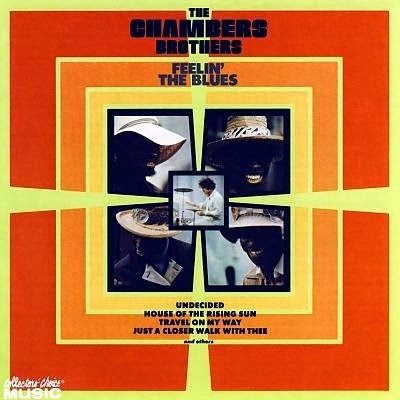No blues singer ever presented a more gentle, genial image than Mississippi John Hurt. A guitarist with an extraordinarily lyrical and refined fingerpicking style, he also sang with a warmth unique in the field of blues, and the gospel influence in his music gave it a depth and reflective quality unusual in the field.
Coupled with the sheer gratitude and amazement that he felt over having found a mass audience so late in life, and playing concerts in front of thousands of people - for fees that seemed astronomical to a man who had always made music a sideline to his life as a farm laborer - these qualities make Hurt's recordings into a very special listening experience.
"Ain´t No Tellin´" is a compilation album of live recordings from various performances.
Tracklist:
| 1 | Rich Woman Blues | |
| 2 | Trouble I Had All My Days | |
| 3 | Chicken Blues | |
| 4 | Coffee Blues | |
| 5 | Monday Morning Blues | |
| 6 | Frankie & Albert | |
| 7 | Talking Casey | |
| 8 | Here I Am, Oh Lord Send Me | |
| 9 | Hard Times In The Old Town | |
| 10 | Spike Drivers Blues | |
| 11 | Candy Man | |
| 12 | My Creole Belle | |
| 13 | Make Me A Pallet On Your Floor | |
| 14 | Shake That Thing | |
| 15 | I'm Satisfied | |
| 16 | Salty Dog | |
| 17 | Nobody's Business | |
| 18 | The Angels Laid Him Away | |
| 19 | Casey Jones | |
| 20 | Baby What's Wrong With You | |
| 21 | Lonesome Blues |
(320 kbps, cover art included)



















